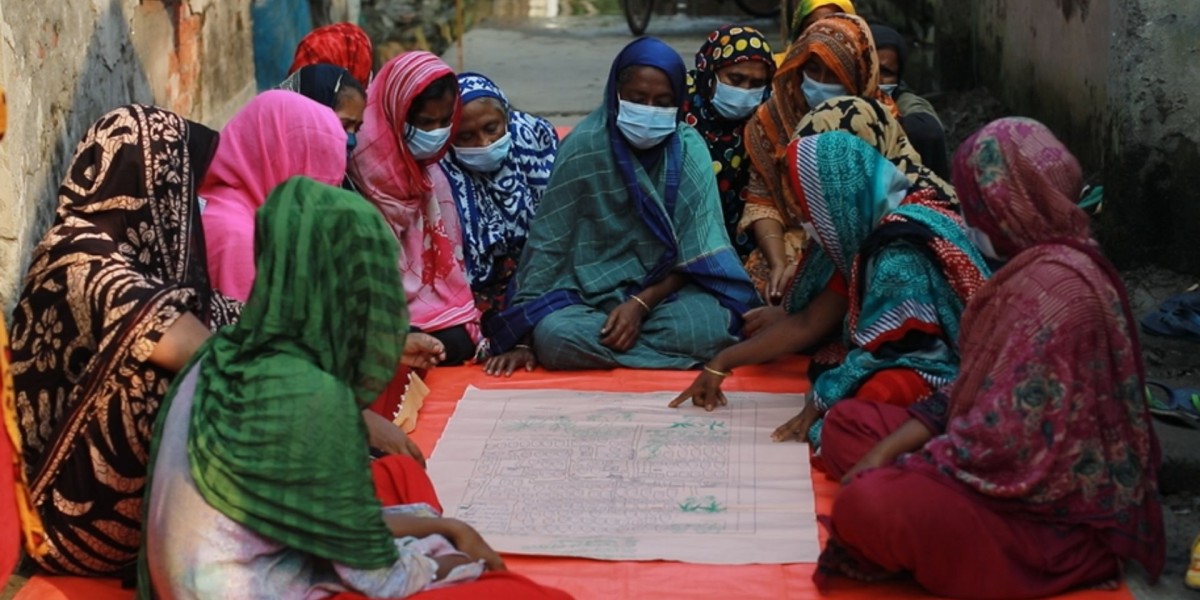Elevating equality: Why climate action in the water sector must start with human rights
World Water Week 2025 in Stockholm is the perfect opportunity for water professionals to learn how human rights principles build strong WASH systems that reach everyone, says Saskia Geling of Simavi.

Every August, thousands of water professionals from around the world gather in Stockholm for World Water Week, organised by the Stockholm International Water Institute (SIWI). In 2024, a record 15,000 participants from 198 countries, ranging from ministers and scientists to grassroots activists, came together. The theme for 2025 is Water for Climate Action. A call to recognise that water is not just a victim of climate change but also a powerful tool to fight it.
Rooted in human rights and equity
The Dutch water sector will again be strongly represented in Stockholm. The Netherlands Pavilion, hosted by the Partners for Water programme, will showcase how Dutch companies and organisations are tackling today’s pressing water and climate challenges. Simavi will also participate in the World Water Week and we will bring a message that is urgent, simple, and often overlooked: Climate action in water and sanitation will fail if it is not rooted in human rights and equity.

‘These human rights principles do more than tick a box’
On 28 August (11:00–12:30), we will co-host the session Elevating Equality: Integrating human rights for strong WASH systems together with IRC, Malteser International, Agenda for Change, Make Rights Real, and Sanitation and Water for All. Our starting point is clear: achieving universal access to safely managed water and sanitation (SDG6) is impossible without applying core human rights principles—participation, accountability, sustainability, transparency and access to information, and equality and non-discrimination.
Exposing systemic inequalities
In our programmes, we have seen how these principles do more than tick a box. They expose systemic inequalities. They lead to better planning and fairer service delivery. They create space for communities—especially poor and marginalised ones—to have a real voice. And they foster stronger collaboration across sectors.
This is not just about rights on paper. It’s about building resilient, inclusive systems that can withstand the shocks of a changing climate while ensuring no one is left behind. Without this perspective, we risk designing climate solutions that work for some—but fail the very people who need them most.
Invitation to all water experts
So, here’s our invitation: if you are a researcher, engineer, innovator, entrepreneur or technical expert attending World Water Week, join our session. Learn how human rights can make your climate and water work more effective, more equitable, and more sustainable. The climate crisis is the greatest collective challenge humanity has ever faced. Let’s make sure our solutions rise to meet it. For everyone.
Saskia Geling, Programme Lead


